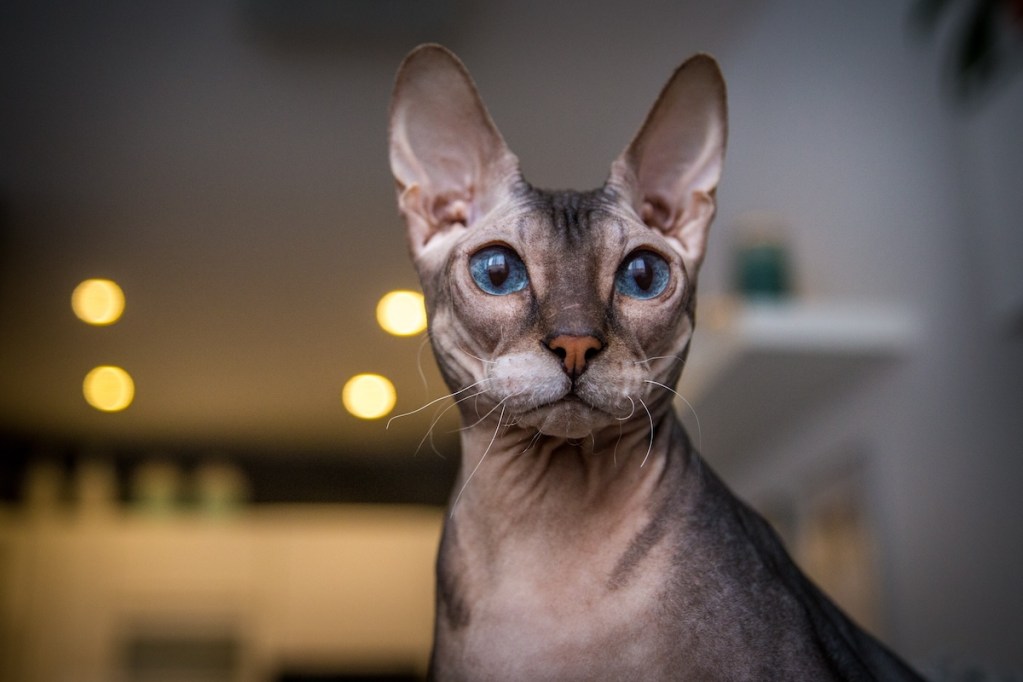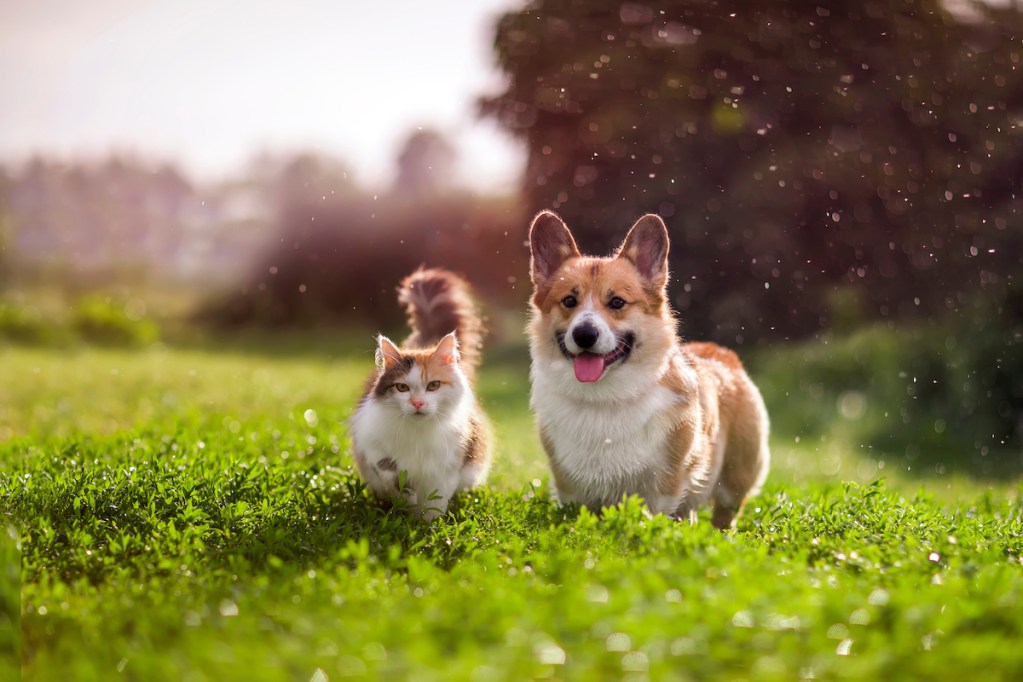Lots of pet parents believe that felines are neater than canines and choose their companion animal as a result. But are cats cleaner than dogs, really? You’ve probably spotted your kitty grooming almost constantly, while a pup pup might be found rolling around in the mud — or something worse. It turns out that, in this case, the rumors prove true, and you’ll get a cleaner buddy if you stick to a cat. Here are five reasons why mousers have the edge in this department.
Are cats cleaner than dogs? Yes, in 5 ways

There isn’t just one standout way that cats beat dogs here. Instead, it’s actually a few factors combined that create the cleanliness disparity.
Grooming

Get this: Cats spend up to 50% of their day grooming. You read that right. Half their waking hours could go to licking themselves, and it isn’t just about removing dirt but also things like regulating body temperature and soothing anxiety.
Dogs don’t put even close to as much effort into remaining spotless and may only groom for a few minutes daily. Oftentimes, a pooch licking their paws could be about scratching an itch (or other reasons), though they may clean up after going outside. One last thing: Cats have tiny barbs on their tongues meant for removing dirt from their fur — these help a lot.
Bathroom habits

At first glance, you might feel that the litter box must make cats dirtier than their hound siblings that do their business in the grass. However, kitties feel very strongly about their toilet and will insist it stays squeaky clean. If you go even just a few days without scooping and sanitizing, expect to find urine in other areas (or get a self-cleaning one).
Expect to see kitty cat — you guessed it — grooming themselves after a bathroom break. However, provided it’s nice outside and you have a good patch of grass, your dog may get the point here, since it’s easier to clean up after them than it is to keep the litter pristine.
Natural odors

In a lot of ways, this hearkens back to the first item on the list. Both animals have a natural scent, just as all humans do. However, because cats spend a lot of time getting their fur clean, it means they tend to stink less overall. Dogs, meanwhile, need baths fairly frequently to remove the same grime that kitties take care of themselves. One exception to this, though, is urine. Since cats hail from the desert originally, their pee is pretty concentrated and so smells a lot worse. Maintain that litter box, and you’ll both be happy.
Shedding

Here, the breed matters a lot more than the species. A few cats, like the sphynx, don’t shed, period, because they don’t have hair. On the other side, poodles and other hypoallergenic varieties rarely shed and must be groomed regularly (often by a professional). Most furry friends do lose fur with some breeds leaving behind tons of hair. For dogs, make sure to keep a bathing and brushing routine. Cats mostly have this down themselves, but you might need to help with mats. No matter what, we recommend running the vacuum regularly.
Dental hygiene

Since felines spend so much time cleaning their fur with their little tongues, they do get a bit of the bacteria in their mouths. However, the canine’s jaw certainly doesn’t have a reputation for smelling great, either. We think this list item might count as a draw. Both benefit from daily teeth brushing, and you should add that to your schedule if at all possible. Good dental hygiene improves overall health and can increase your pet’s lifespan by keeping oral disease at bay. Talk to your vet about adding in professional cleanings, which is often warranted for fur babies.
Final thoughts

Dogs might win as man’s best friend, but cats take home the prize for the cleaner beastie. Overall, our kitties do a much more thorough job keeping their fur tidy and odor free. And dogs might have a slight edge because they don’t need a litter box, that gets counteracted whenever it rains and you find a drenched pup tracking mud into your home (or worse, all over the furniture).
In general, pet owners must get over a little bit of mess here and there that comes with having an animal in the house. The best thing to do is to stay up to date on routine maintenance of both your buddy and the sweeping. Lastly, any new smells emanating from dog or cat means a call to the vet to see if a new medical issue has cropped up.




